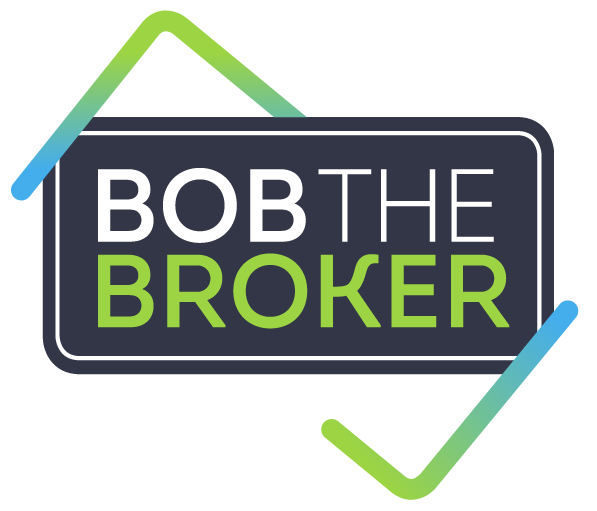Reasons to Refinance #6: Unable to meet Mortgage Repayments Anymore
Should I refinance if I can't afford my mortgage?
If you find yourself in this situation, then you definitely need to act quickly to get your finances back under control.
WHAT TO DO FIRST? START TALKING TO YOUR BROKER.
The majority of customers put their head in the sand and hope it will get better or that it won't become a problem. They don't contact their bank when they should. Don't run and hide, you need to address the issue head on to get the best result and relieve your financial pressure.
The biggest drama people have when they are feeling the pinch is that they often don't feel comfortable talking to their lender about having trouble meeting their repayments. Open communication with your lender can avoid heartache later if you are in danger of defaulting on your loan, and help you access help under financial hardship legislation, which is helpfully explained simply on ASIC's MoneySmart financial guidance website:
"If you are finding it hard to meet your loan repayments (for example, because of illness, unemployment or changed financial circumstances), you can apply to your lender for a 'hardship variation' which changes the terms of your loan."
Often all you need is an experienced finance broker on your side to offer advice or speak to your lender on your behalf. Many lenders have hardship teams devoted to helping you if you've run into financial difficulty.
If you've had your loan for a while, then you can seek to extend your mortgage term. This move could shrink your minimum repayments to a more comfortable amount. But be aware, if you are paying in just the minimum amount from here, then it will take longer to completely pay off your loan.
Something to consider: If you're refinancing to a longer term to lower your repayments and improve your current cash flow situation, then you need to know that you may end up paying more interest overall than on your original arrangement. Now, that can be a false economy or a blessing depending on your situation, so it's best to get qualified financial advice before doing anything drastic.
Or instead of adjusting the loan term, it may be appropriate to refinance altogether to access a deal that better suits your current financial situation. You could switch to a more basic loan with a lower interest rate. Sure, the more complex features of a more sophisticated loan (such as redraw facilities and offset accounts) allow you access to your funds more easily, but these features are not really needed if there's no extra money to work with.
What's the catch? Be on the look out for exit fees and upfront costs that might reduce some of the savings of switching to a lower interest loan. Your broker can help you work out if the short-term repayment savings outweigh the cost of making the switch.
Longer-term, but starting now, there are two sure-fire ways to get your household finances back on track:
Be honest with yourself about whether and how you can earn more; and/or
Work out where you can spend less.
So, create or review your budget, reassess your income and expenses, and prioritise your bills and debts in order of importance to get you through until your financial situation improves.
Pro Budgeting Tip: Spend less. Be ruthless. Be honest with yourself. Be committed. It will pay off. ASIC's MoneySmart budget planner is a great place to start.
If you'd like help with assessing your personal and financial situation, as well as comparing the loans in the market to see if you're truly getting the right deal for you, then call Bob Malpass now on 0431 862 136, email [email protected]
Thanks for reading
Bob
Disclaimer
The advice provided on this website is general advice only. It has been prepared without taking into account your objectives, financial situation or needs. Before acting on this advice you should consider the appropriateness of the advice, having regard to your own objectives, financial situation and needs. If any products are detailed on this website, you should obtain a Product Disclosure Statement relating to the products and consider its contents before making any decisions. Where quoted, past performance is not indicative of future performance.
Malpass Finance Pty Ltd disclaim all and any guarantees, undertakings and warranties, expressed or implied, and shall not be liable for any loss or damage whatsoever (including human or computer error, negligent or otherwise, or incidental or consequential loss or damage) arising out of or in connection with any use or reliance on the information or advice on this site. The user must accept sole responsibility associated with the use of the material on this site, irrespective of the purpose for which such use or results are applied. The information on this website is no substitute for qualified financial advice.

